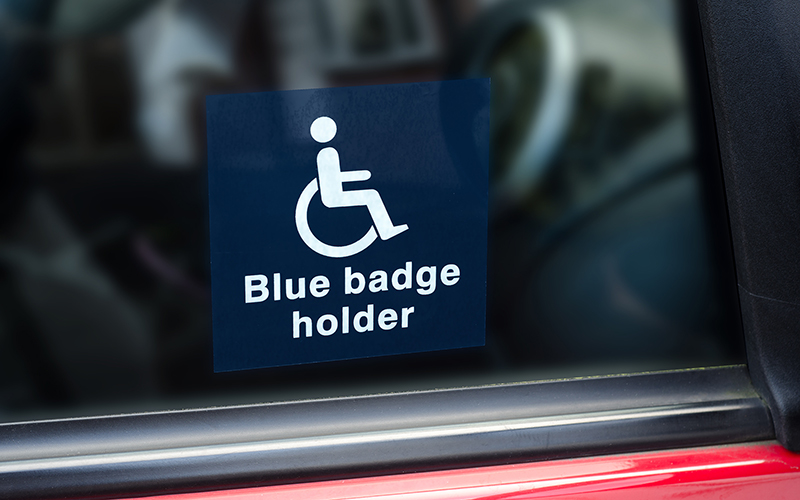
Fraud continues to pose a major financial threat for councils, with no sign of slowing down. The latest CIPFA Fraud and Corruption Tracker (CFaCT) report shows that 80,000 frauds, worth £302m, were detected by councils in 2017-18 – a slight increase on 75,000 in the previous year.
Some new trends are emerging, including a rise in detected or prevented business rate fraud. This grew from an estimated £4.3m in 2016-17 to £10.4m in 2017-18 – the fastest growing area. Close behind was Blue Badge fraud, which increased by £3m, to an estimated £7.3m in 2017-18. Other areas remained largely the same.
The highest value is still housing fraud, totalling £216.1m this year. Council tax fraud continues to be high volume but low value. Wider studies indicate that local authorities are losing between £2.1bn to £7bn to fraud each year – even with the fantastic efforts of fraud teams across the UK. So there is a lot more to do.
Successful counter fraud activity is about much more than just saving money. These illegitimate activities can undermine public trust – and the social licence that is essential for organisations to operate effectively. When councils take effective counter fraud measures they rebuild this public trust, and ensure that scarce funds are used effectively. Despite the challenges, more and more councils are bringing strong counter fraud leadership into their senior decision-making teams.
In CIPFA’s 2016-19 Fighting Fraud and Corruption Locally strategy, we recommend that counter fraud strategies are regularly updated, and that councils dedicate resources to this area. Promisingly, the CFaCT survey found an increase in local authorities with a dedicated fraud team, up from 35% in 2016-17 to 51% in 2017-18.
This is important, as the number of serious and organised crimes detected and prevented by councils has doubled this year to 56, highlighting the seriousness of the issues faced – and the effectiveness of councils’ efforts. Overall, 636 prosecutions were completed in 2017-18, up from 614 the previous year.
However, these successes were owing not to increased resources but increased capability and collaboration. The number of in-house qualified financial investigators appears to have dipped slightly, but shared services structures have risen from 9% to 14% of authorities. Fraud is a crime that crosses organisational and geographic boundaries. By collaborating, sharing data and jointly investing in new technologies, councils can improve resilience and cost-effectiveness.
The London Counter Fraud Hub, a data-sharing and analytics solution led by Ealing Council and London Councils and run by CIPFA and other partners, is an example. About to go live, it forms a part of CIPFA’s enhanced counter fraud services, which seek to drive a collective change in councils’ approach to fraud.
It’s important to maximise opportunities to share and explore innovative use of data, including working with law enforcement. Fraud is not a victimless crime. It inevitably diverts resources away from those who need it most. With local government running on empty, councils must preserve every drop.
The CFaCT report enables councils to benchmark activities, and make informed decisions about use of counter fraud resources. This includes focusing on emerging areas of risk, such as procurement, the council tax single person discount, and adult social care. I strongly encourage anyone with an interest in counter fraud to read the full report. Together we can make a significant impact, now and into the future.
Read the full report at www.cipfa.org/cfact




















